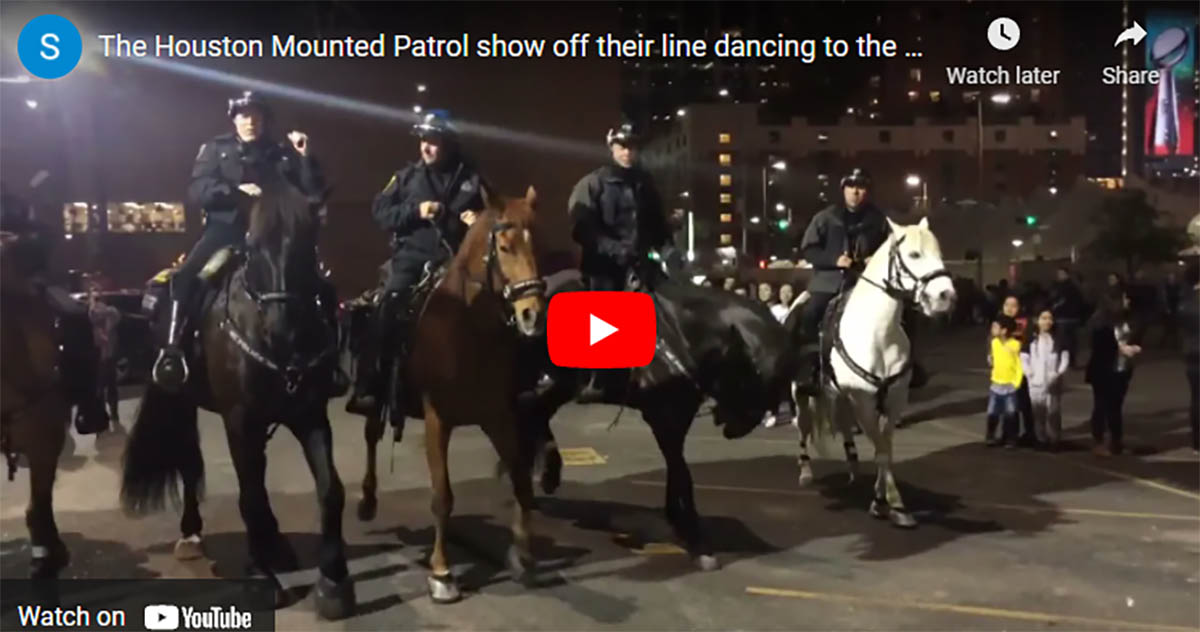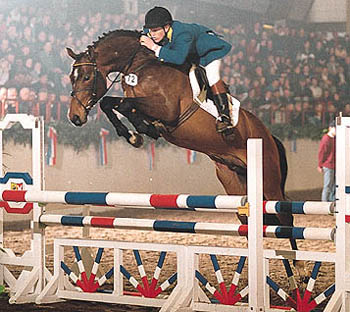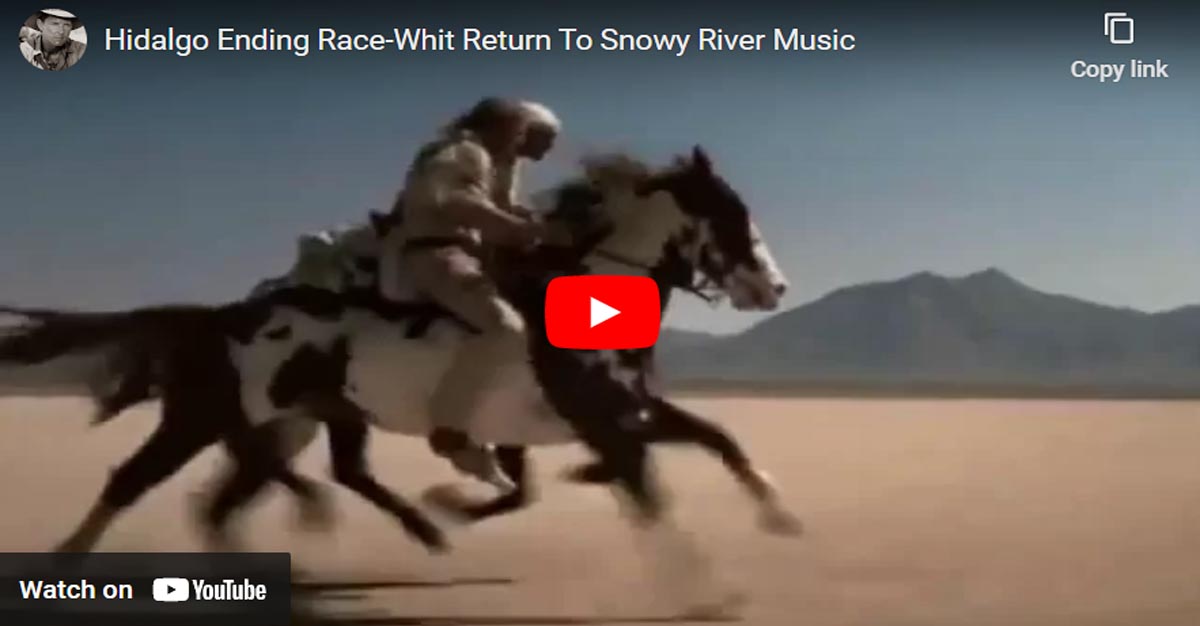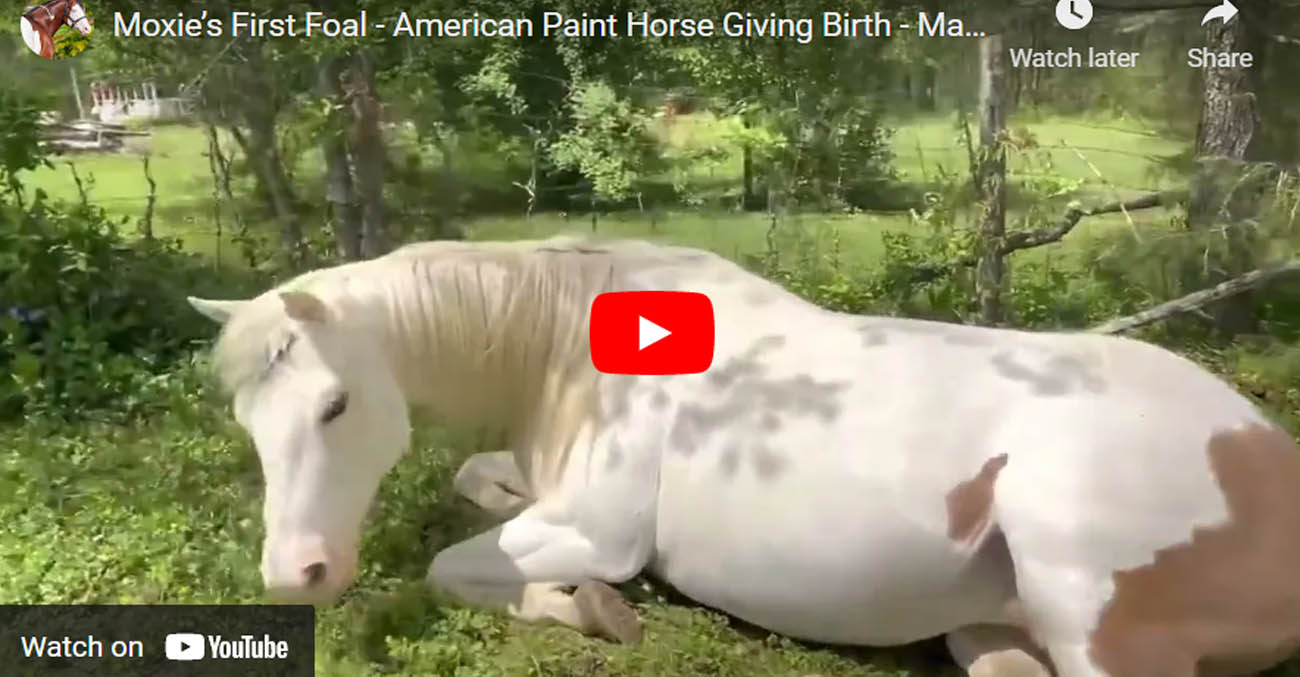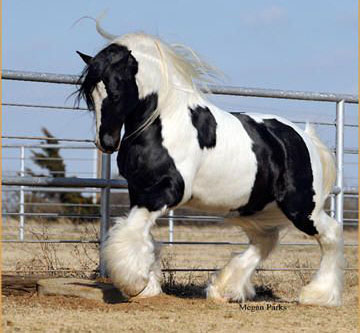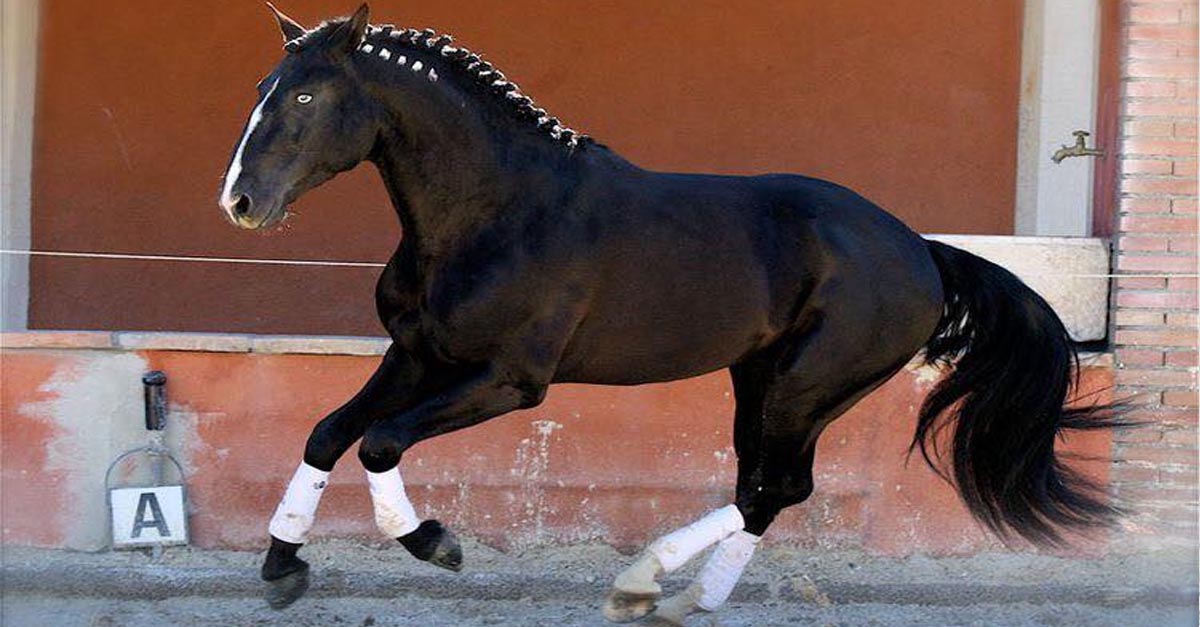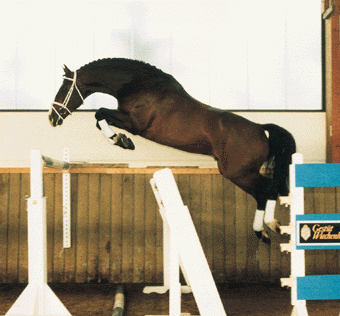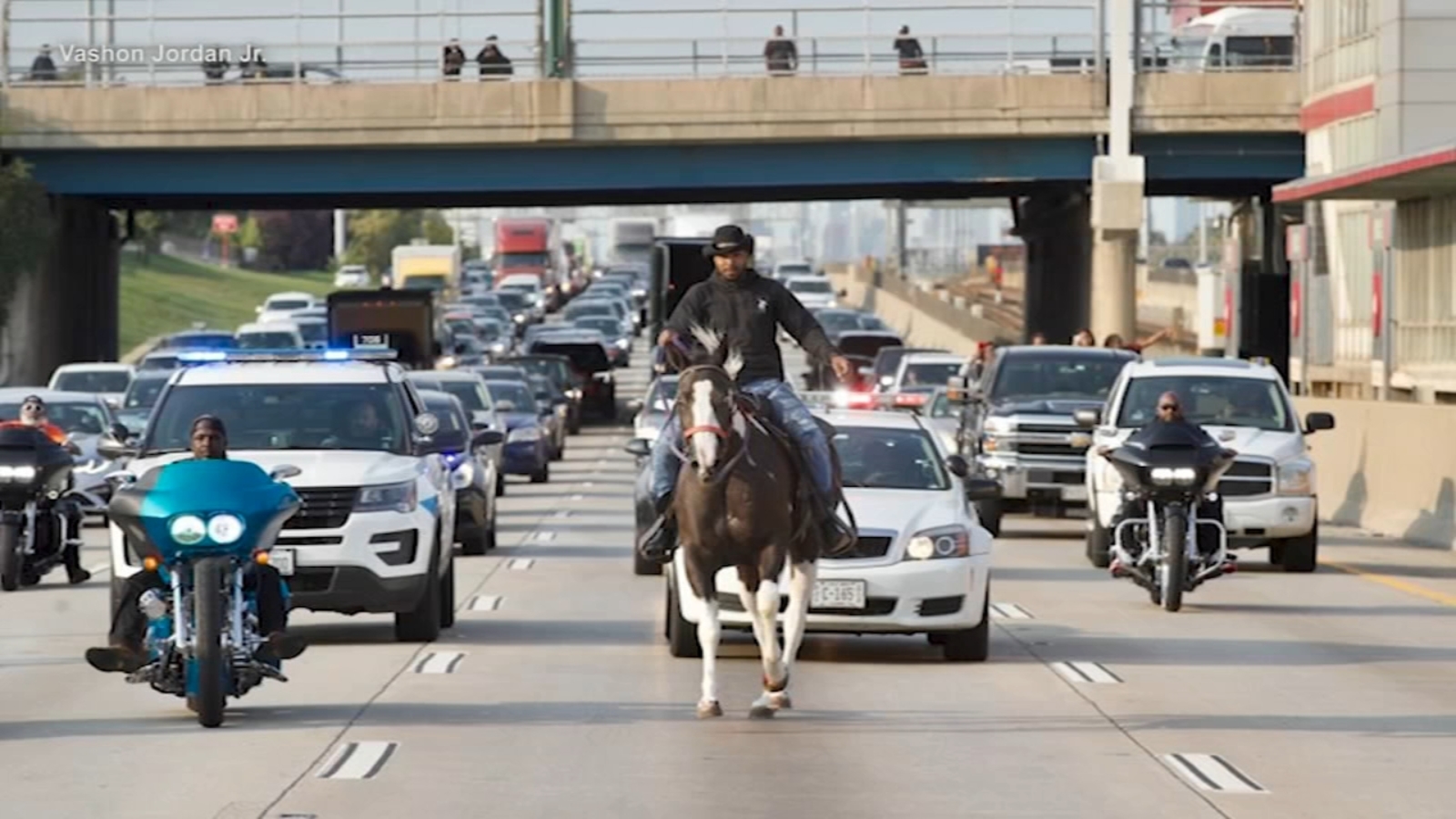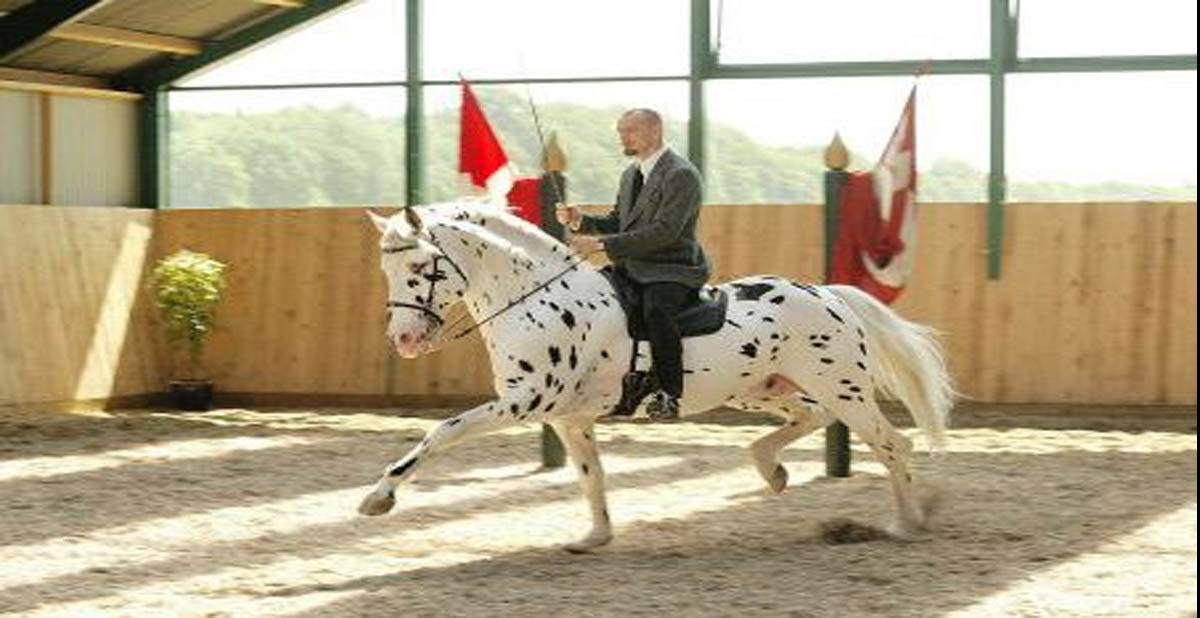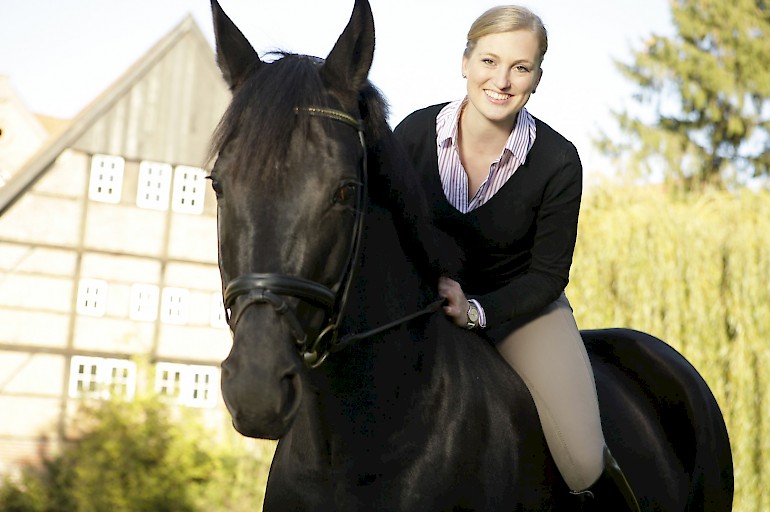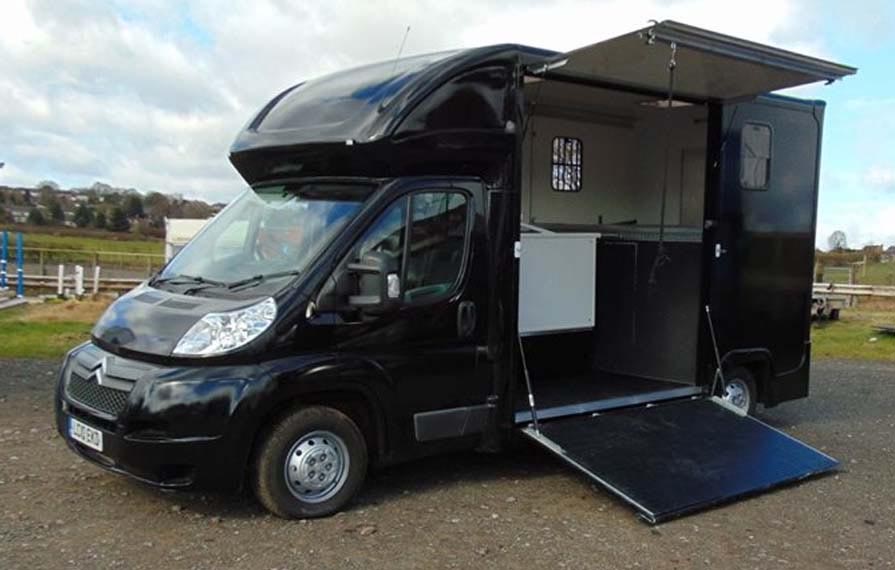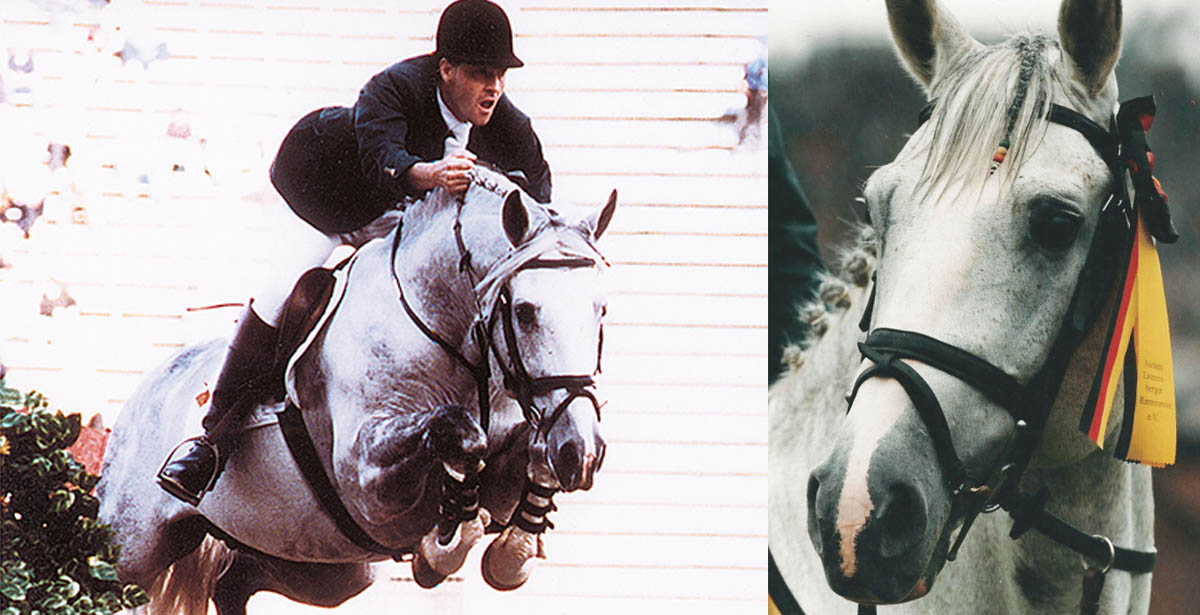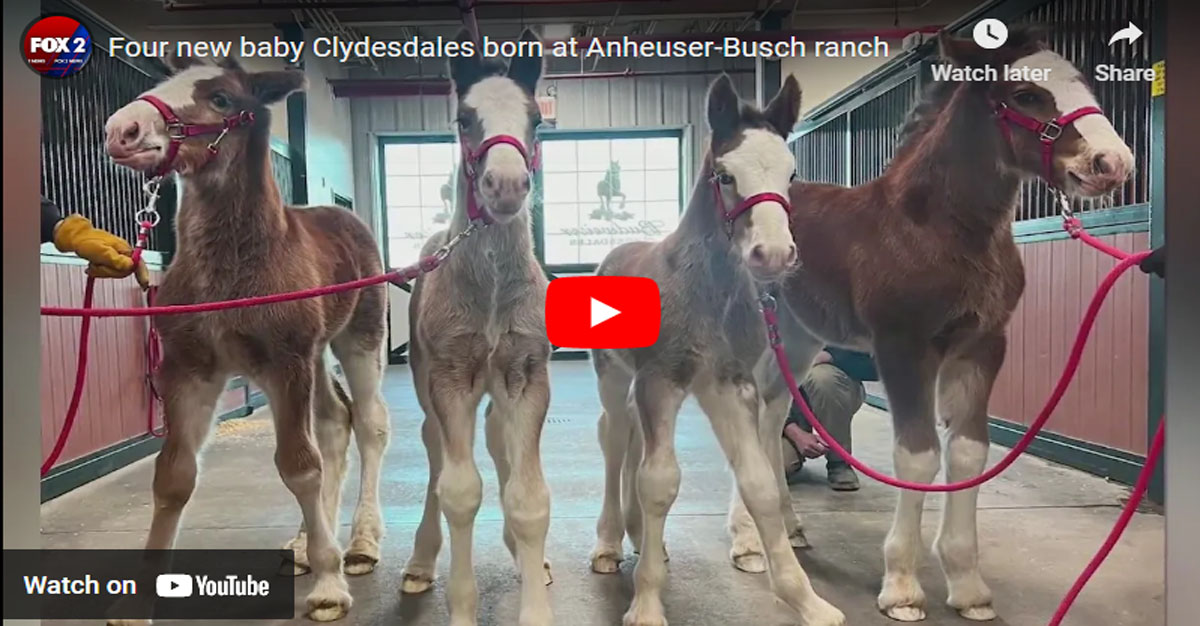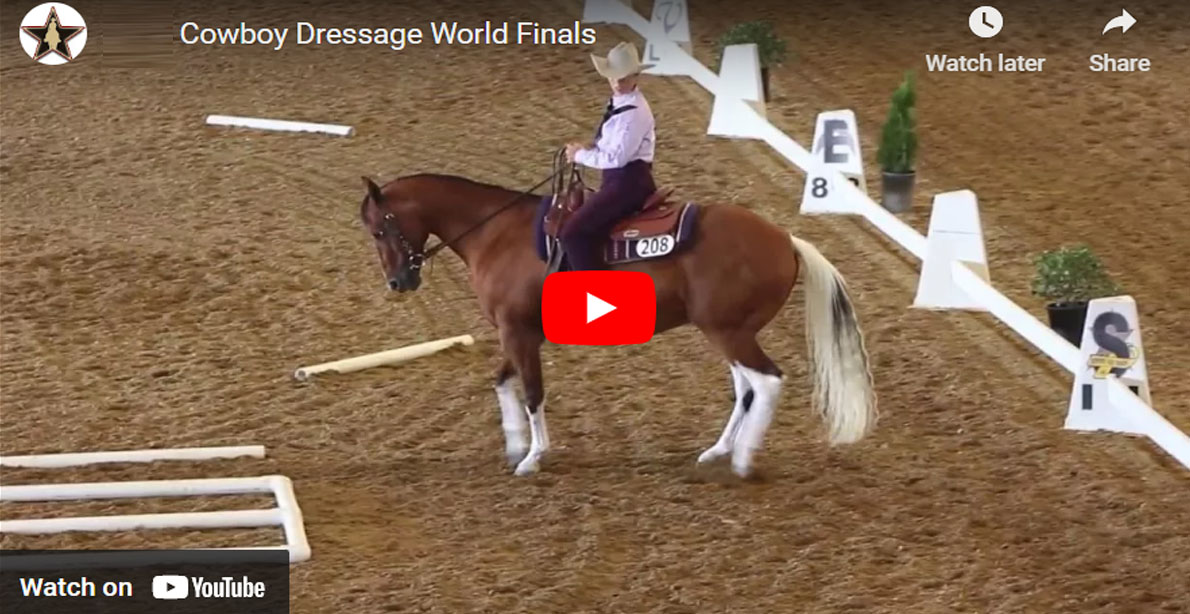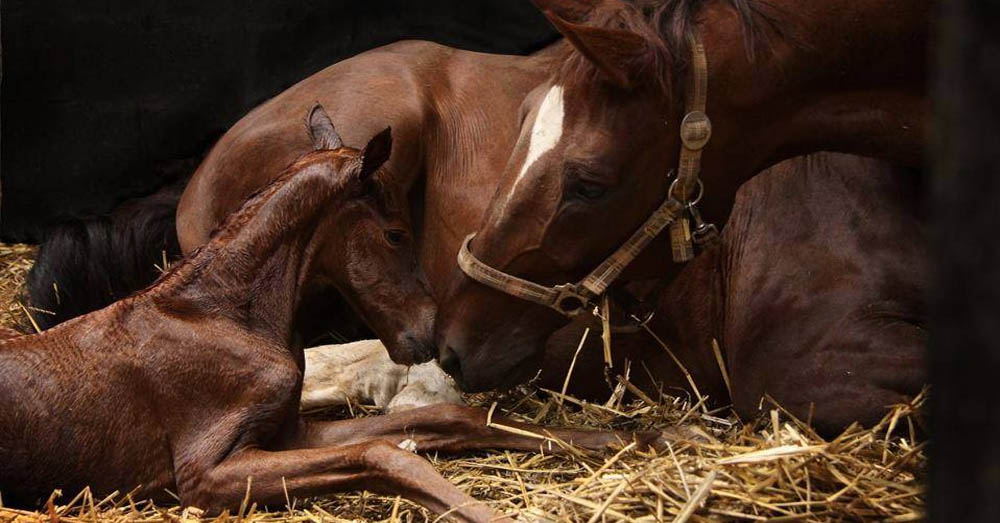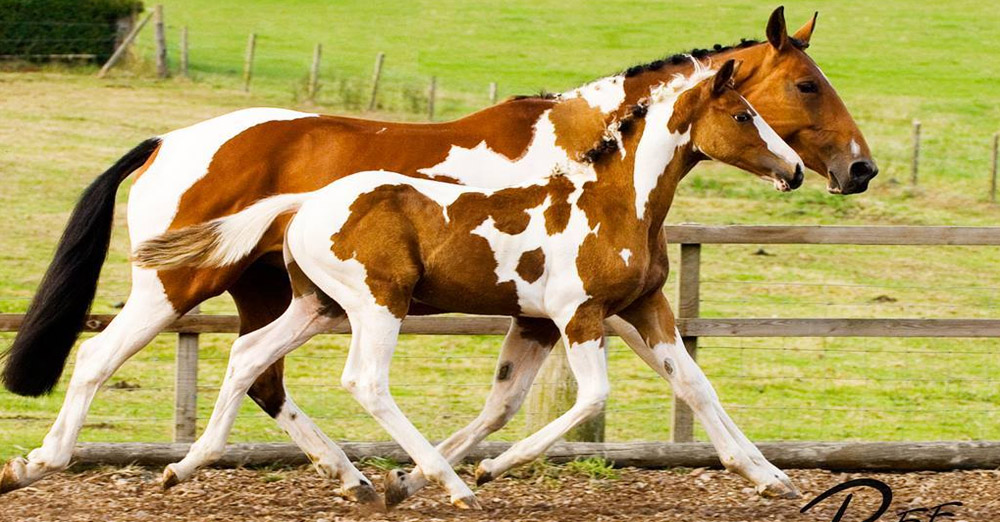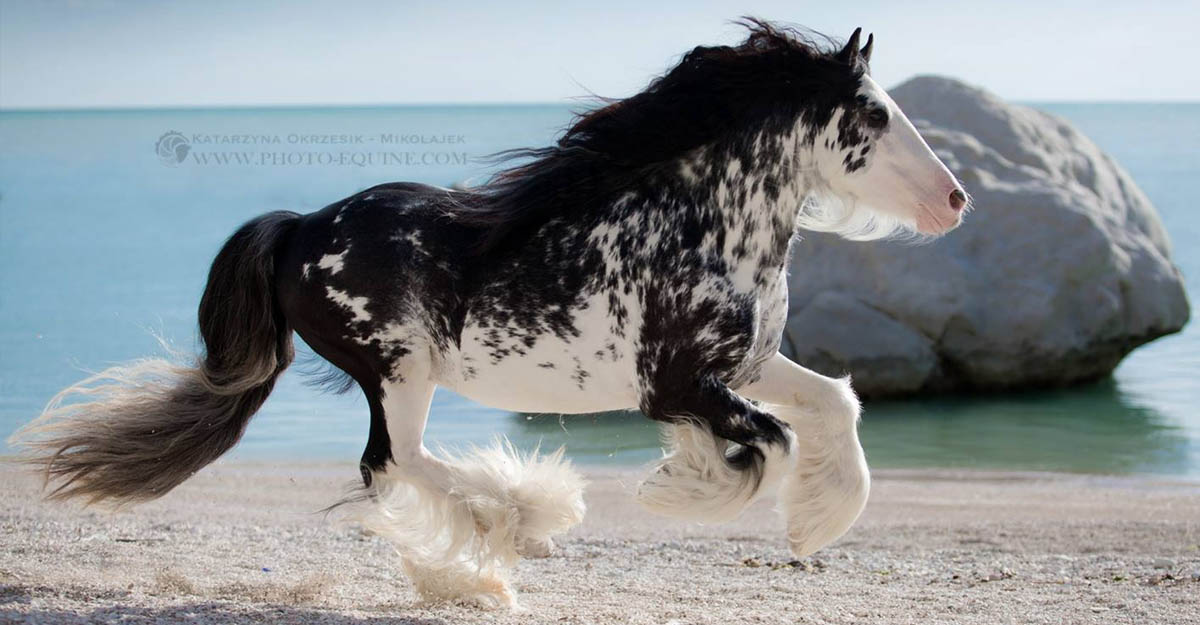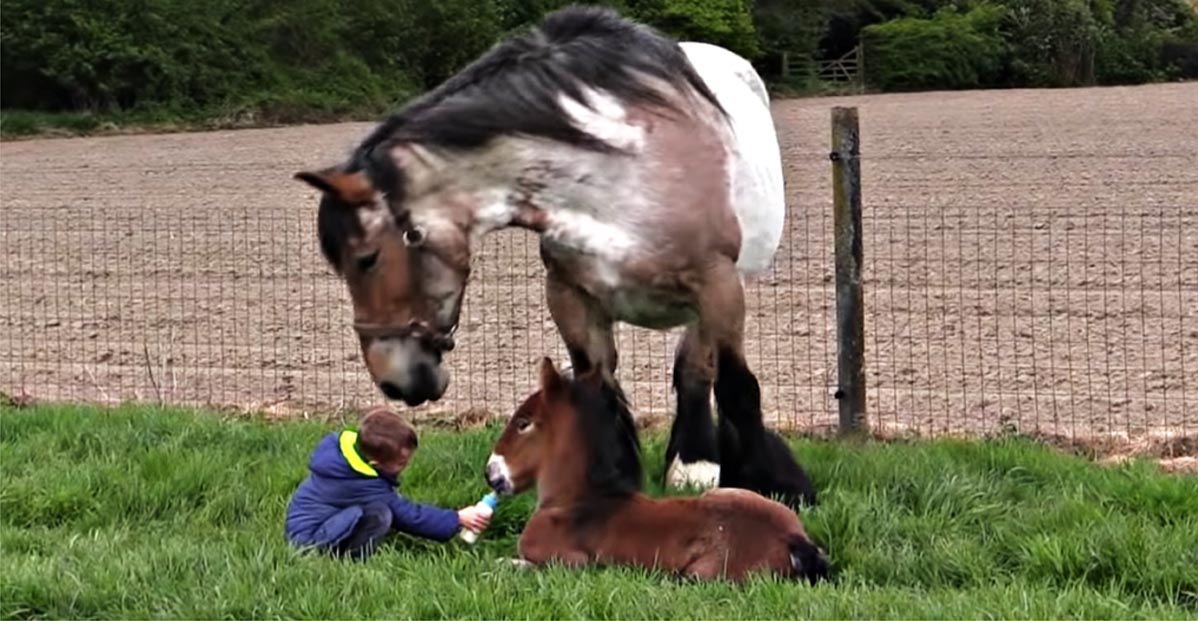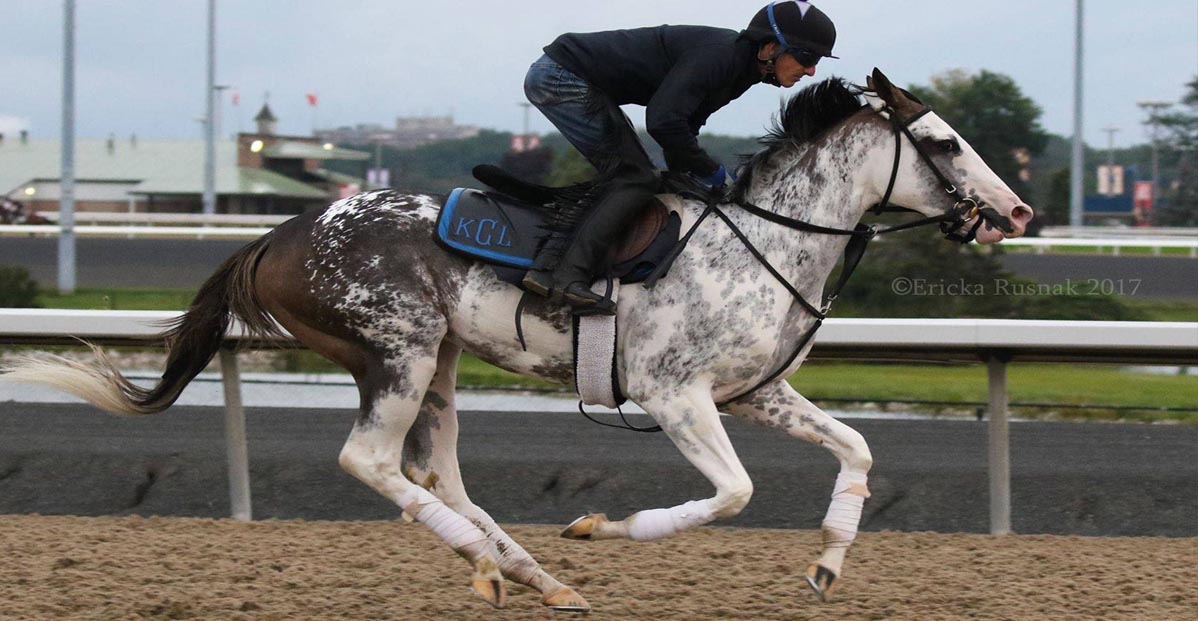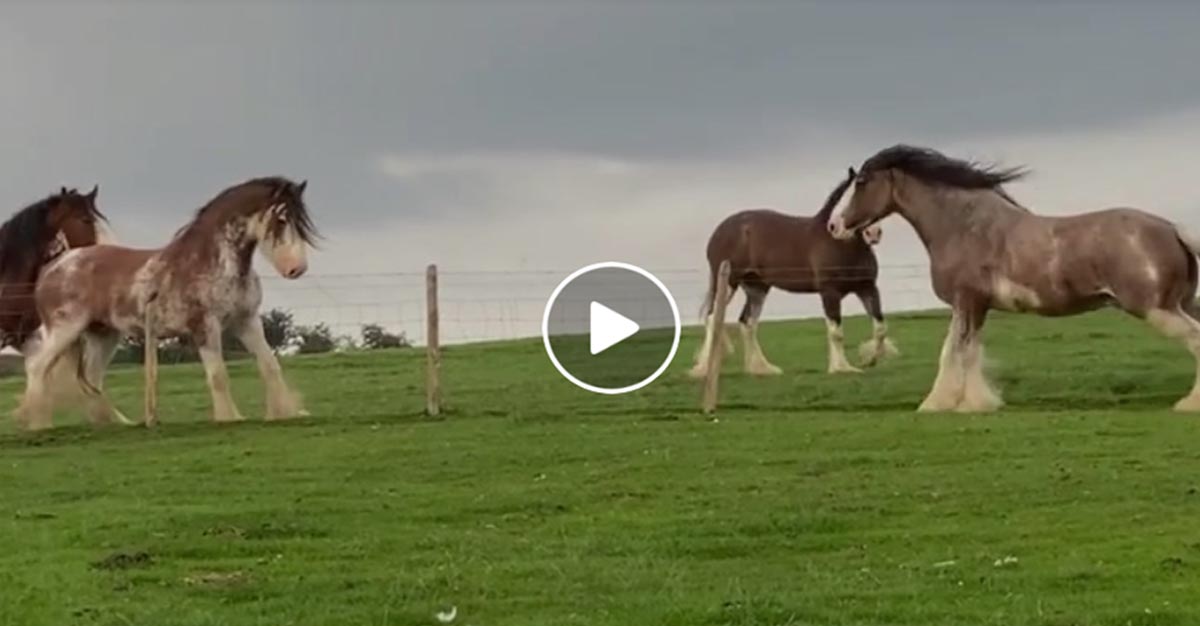Field Shelters
Does your horse need a bit of cover over the winter protecting them from the elements, get field shelter online with stableexpress
It is necessary to provide strong, safe fencing and adequate shelter for horses. As a rule, horses don`t need to be kept in a barn. In fact, stabling is as much for our convenience as the horse`s well-being. This fact sheet deals with horses living outside. For information on stabling horses, click here.
Horses do need shelter and what can be considered "adequate" will vary according to the season. In summer, a horse needs protection against sun, rain, wind and hail. In winter, cold, snow and wind are the elements to consider.
How can I make sure my horse has adequate shelter? Healthy horses with a full winter coat can stand a lot of cold as long as they are dry and out of the wind. In the summer, horses are vulnerable to flies. The best long-term solution for all season protection is to build a three-sided horse shelter. Many Departments of Agriculture or farmer`s supply stores carry plans for a standard shelter. The size of the shelter, its location and what it`s made of are all important elements to consider.
Size of Shelter
The size of the shelter depends on the number of horses. For an open-front shelter, allow at least 64 square feet per horse. The ceiling should be at least 9 feet high.
Horses have a very strong social order, and for safety, the shelter should be wide rather than deep. Otherwise boss horses standing in the entranceway can block other horses from going in, or a lower status horse can get trapped in the back.
Location
The shelter must be built on either well-drained land, or the floor built up to make sure it stays dry. The open side should face away from the prevailing wind.
Building Materials
Anything to do with horses must be built strong enough to withstand considerable abuse. A flimsy shelter will not last long and can become unsafe.
Does my horse need bedding?
In the wintertime, clean straw bedding in the shelter will make your horses more comfortable. Bedding is necessary for foals because they spend a lot of time lying down. Similarly, old horses should have bedding. A horse kept in a stall needs bedding year round.
What about fencing?
Fencing for horses must be secure and safe. It must keep the horses where they`re supposed to be without injuring them in the process.
Security
Horses who get out on the road can cause automobile accidents and be badly injured or killed themselves. Even if they don`t head for a road, they can cause damage to neighbours` property.
Safe Fencing
It has been said that horses are an accident waiting to happen. It`s up to the owner to make the surroundings as safe as possible for horses and people.
If at all possible, do not put horses in wire fences, particularly barbed wire. Never use wire for corrals or for fences separating horses from each other. Horses playing or fighting through the fence can injure themselves badly.
There are many fencing materials available today from traditional 2x6 planks to the newer PVC products. A recent addition to the marketplace is wire made of PVC filaments. Electric fencing also comes in a variety of styles. Once recommended only in conjunction with a regular fence, there are now electric fences on the market intended to be used as the sole fence.
Fencing must always be kept in good repair. If pastures are fenced with wire, the four or five strands of wire must be kept tight and should be marked for visibility. A "hot wire" on top of the fence will keep horses at a safe distance.
Is tethering an acceptable method for confining a horse?
No. Tethering is not appropriate for horses. It is neither safe nor does it allow enough grazing.
Safety
The fact that horses are nervous animals whose first reaction to unusual sights and sounds is to run makes tethering very unsafe.
Even without spooking, the horse can easily get the tether caught around a leg and injure himself badly. A basic rule of horsemanship is always to tie a horse above shoulder height so he can`t get a foot over the rope. That rules out tethering.
If the horse does spook, he can snap the line or pull it out of the ground. Not only is he then loose, but he`s running scared with a long rope flapping behind him.
Grazing
A tethered horse grazes his limited space down to the dirt very quickly. A better alternative for strip grazing is a portable electric fence.
Can you recommend any books?
A great book for anyone planning to keep a horse at home is Cherry Hill`s Horsekeeping on a Small Acreage. If you`re deciding whether to keep your horse at home or board him at a stable, try A Barn Fit for King.
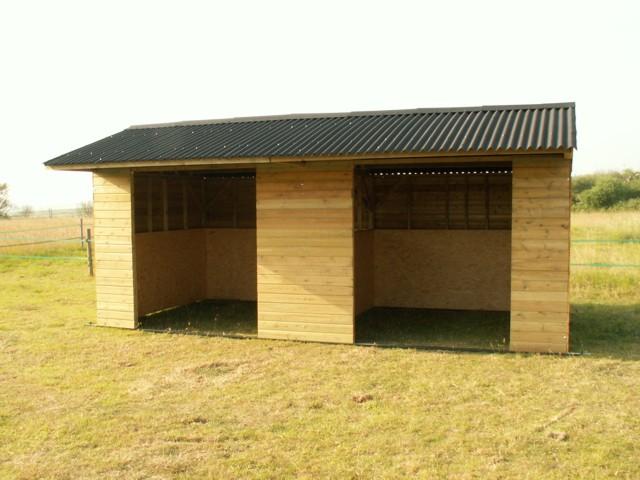
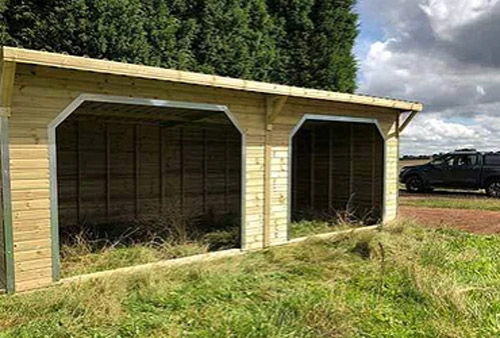

 Shade And Shelter
Shade And Shelter
The biggest reason for having a shelter for your horse`s field is because it can provide sanctuary during periods of extreme weather. If it`s very hot out, your horse will want somewhere that`s not as hot where they can cool down. Shelters provide shade, which is an excellent way to help them cool down. Although water is the biggest thing they need in these hot times, shade is imperative as well, to give them the option.
Alternatively, in the winter it`s a good idea for them to have shelter should they need to get out of the wind. Wind can make any temperature feel way colder and so giving them an option where it`s a little bit warmer can make them more comfortable.
Rain Protection
While many horses don`t necessarily mind the rain, not giving them an option to get out of the rain could be detrimental to their health and their mental well being. They may choose to not use the shelter during these drizzles or downpours, but many prefer it and would seek out a shelter if there were one.
 Keep Away From Mud
Keep Away From Mud
Mud isn`t a huge problem for horses, but standing in mud 24/7 all the time could be bad for their hooves. Because of this, shelters that have flooring that isn`t as muddy as a field could be a welcome sanctuary for them when it`s really rainy and the field is really mucky.
A thing to keep in mind if you`re building a shelter is to build it in an area of the field that is well drained. The last thing you want is your shelter that`s meant to protect your horse from the elements end up getting flooded, because there`s very little you can do about that.
Although you could use trees and hedges as shelter, without building on, they`re likely to be ineffective during winter when they lose their leaves.
It comes down to the fact that horses need shelters for various reasons and even if your horse is tough and doesn`t want to use it, giving them the option is a crucial part of equine care.
It is necessary to provide strong, safe fencing and adequate shelter for horses. As a rule, horses don`t need to be kept in a barn. In fact, stabling is as much for our convenience as the horse`s well-being. This fact sheet deals with horses living outside. For information on stabling horses, click here.
Horses do need shelter and what can be considered "adequate" will vary according to the season. In summer, a horse needs protection against sun, rain, wind and hail. In winter, cold, snow and wind are the elements to consider.
How can I make sure my horse has adequate shelter? Healthy horses with a full winter coat can stand a lot of cold as long as they are dry and out of the wind. In the summer, horses are vulnerable to flies. The best long-term solution for all season protection is to build a three-sided horse shelter. Many Departments of Agriculture or farmer`s supply stores carry plans for a standard shelter. The size of the shelter, its location and what it`s made of are all important elements to consider.
Size of Shelter
The size of the shelter depends on the number of horses. For an open-front shelter, allow at least 64 square feet per horse. The ceiling should be at least 9 feet high.
Horses have a very strong social order, and for safety, the shelter should be wide rather than deep. Otherwise boss horses standing in the entranceway can block other horses from going in, or a lower status horse can get trapped in the back.
Location
The shelter must be built on either well-drained land, or the floor built up to make sure it stays dry. The open side should face away from the prevailing wind.
Building Materials
Anything to do with horses must be built strong enough to withstand considerable abuse. A flimsy shelter will not last long and can become unsafe.
Does my horse need bedding?
In the wintertime, clean straw bedding in the shelter will make your horses more comfortable. Bedding is necessary for foals because they spend a lot of time lying down. Similarly, old horses should have bedding. A horse kept in a stall needs bedding year round.
What about fencing?
Fencing for horses must be secure and safe. It must keep the horses where they`re supposed to be without injuring them in the process.
Security
Horses who get out on the road can cause automobile accidents and be badly injured or killed themselves. Even if they don`t head for a road, they can cause damage to neighbours` property.
Safe Fencing
It has been said that horses are an accident waiting to happen. It`s up to the owner to make the surroundings as safe as possible for horses and people.
If at all possible, do not put horses in wire fences, particularly barbed wire. Never use wire for corrals or for fences separating horses from each other. Horses playing or fighting through the fence can injure themselves badly.
There are many fencing materials available today from traditional 2x6 planks to the newer PVC products. A recent addition to the marketplace is wire made of PVC filaments. Electric fencing also comes in a variety of styles. Once recommended only in conjunction with a regular fence, there are now electric fences on the market intended to be used as the sole fence.
Fencing must always be kept in good repair. If pastures are fenced with wire, the four or five strands of wire must be kept tight and should be marked for visibility. A "hot wire" on top of the fence will keep horses at a safe distance.
Is tethering an acceptable method for confining a horse?
No. Tethering is not appropriate for horses. It is neither safe nor does it allow enough grazing.
Safety
The fact that horses are nervous animals whose first reaction to unusual sights and sounds is to run makes tethering very unsafe.
Even without spooking, the horse can easily get the tether caught around a leg and injure himself badly. A basic rule of horsemanship is always to tie a horse above shoulder height so he can`t get a foot over the rope. That rules out tethering.
If the horse does spook, he can snap the line or pull it out of the ground. Not only is he then loose, but he`s running scared with a long rope flapping behind him.
Grazing
A tethered horse grazes his limited space down to the dirt very quickly. A better alternative for strip grazing is a portable electric fence.
Can you recommend any books?
A great book for anyone planning to keep a horse at home is Cherry Hill`s Horsekeeping on a Small Acreage. If you`re deciding whether to keep your horse at home or board him at a stable, try A Barn Fit for King.

Mobile Field Shelters
Get no obligation quote for putting a mobile field shelter in your fields for your horse

Does My Horse Need A Field Shelter
Many people stable their horses outside in fields and this is a totally valid way to keep them. However, a question that comes up a lot is whether or not the horses need a field shelter if they`re out there pretty much all the time. While there are conflicting responses to this by many different people, ultimately the answer is yes. Let`s look into why you would need to provide a field shelter for your horse and why you should built one if they don`t already have one.
The biggest reason for having a shelter for your horse`s field is because it can provide sanctuary during periods of extreme weather. If it`s very hot out, your horse will want somewhere that`s not as hot where they can cool down. Shelters provide shade, which is an excellent way to help them cool down. Although water is the biggest thing they need in these hot times, shade is imperative as well, to give them the option.
Alternatively, in the winter it`s a good idea for them to have shelter should they need to get out of the wind. Wind can make any temperature feel way colder and so giving them an option where it`s a little bit warmer can make them more comfortable.
Rain Protection
While many horses don`t necessarily mind the rain, not giving them an option to get out of the rain could be detrimental to their health and their mental well being. They may choose to not use the shelter during these drizzles or downpours, but many prefer it and would seek out a shelter if there were one.

Mud isn`t a huge problem for horses, but standing in mud 24/7 all the time could be bad for their hooves. Because of this, shelters that have flooring that isn`t as muddy as a field could be a welcome sanctuary for them when it`s really rainy and the field is really mucky.
A thing to keep in mind if you`re building a shelter is to build it in an area of the field that is well drained. The last thing you want is your shelter that`s meant to protect your horse from the elements end up getting flooded, because there`s very little you can do about that.
Although you could use trees and hedges as shelter, without building on, they`re likely to be ineffective during winter when they lose their leaves.
It comes down to the fact that horses need shelters for various reasons and even if your horse is tough and doesn`t want to use it, giving them the option is a crucial part of equine care.


